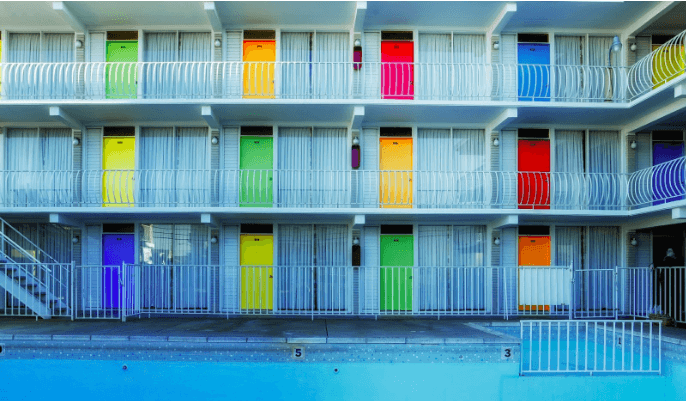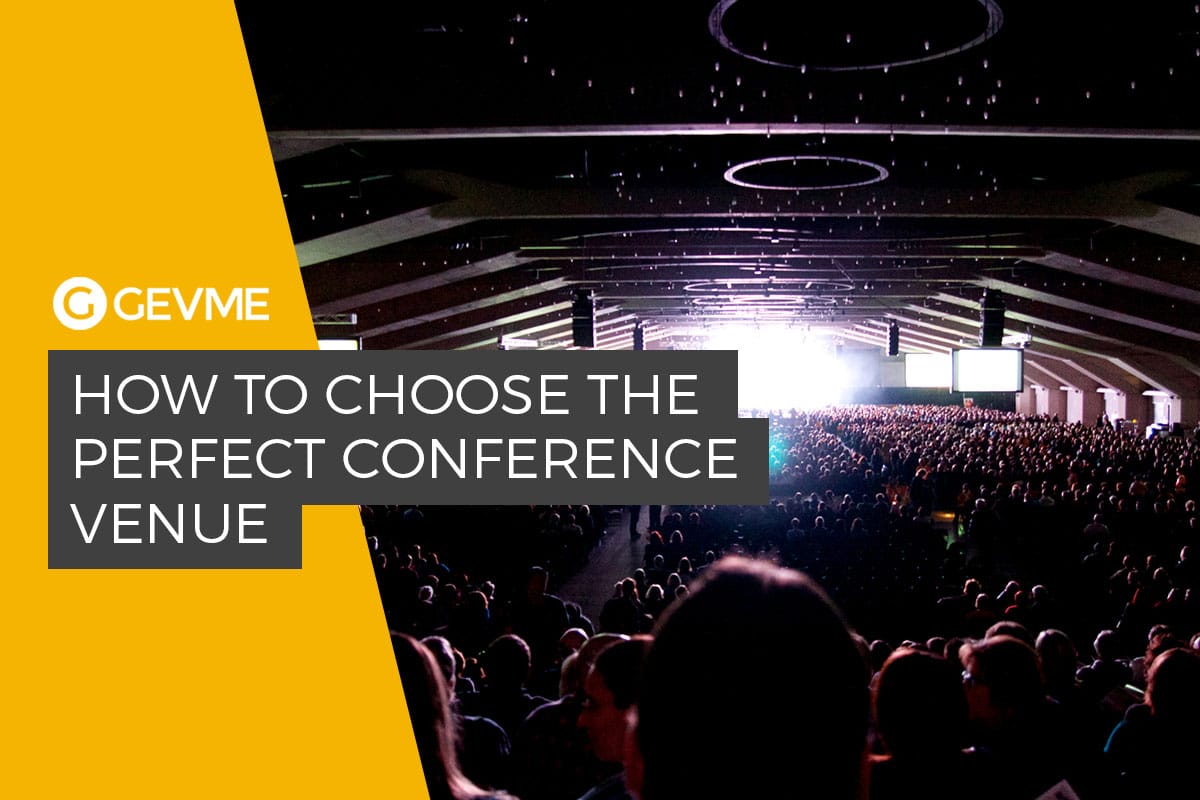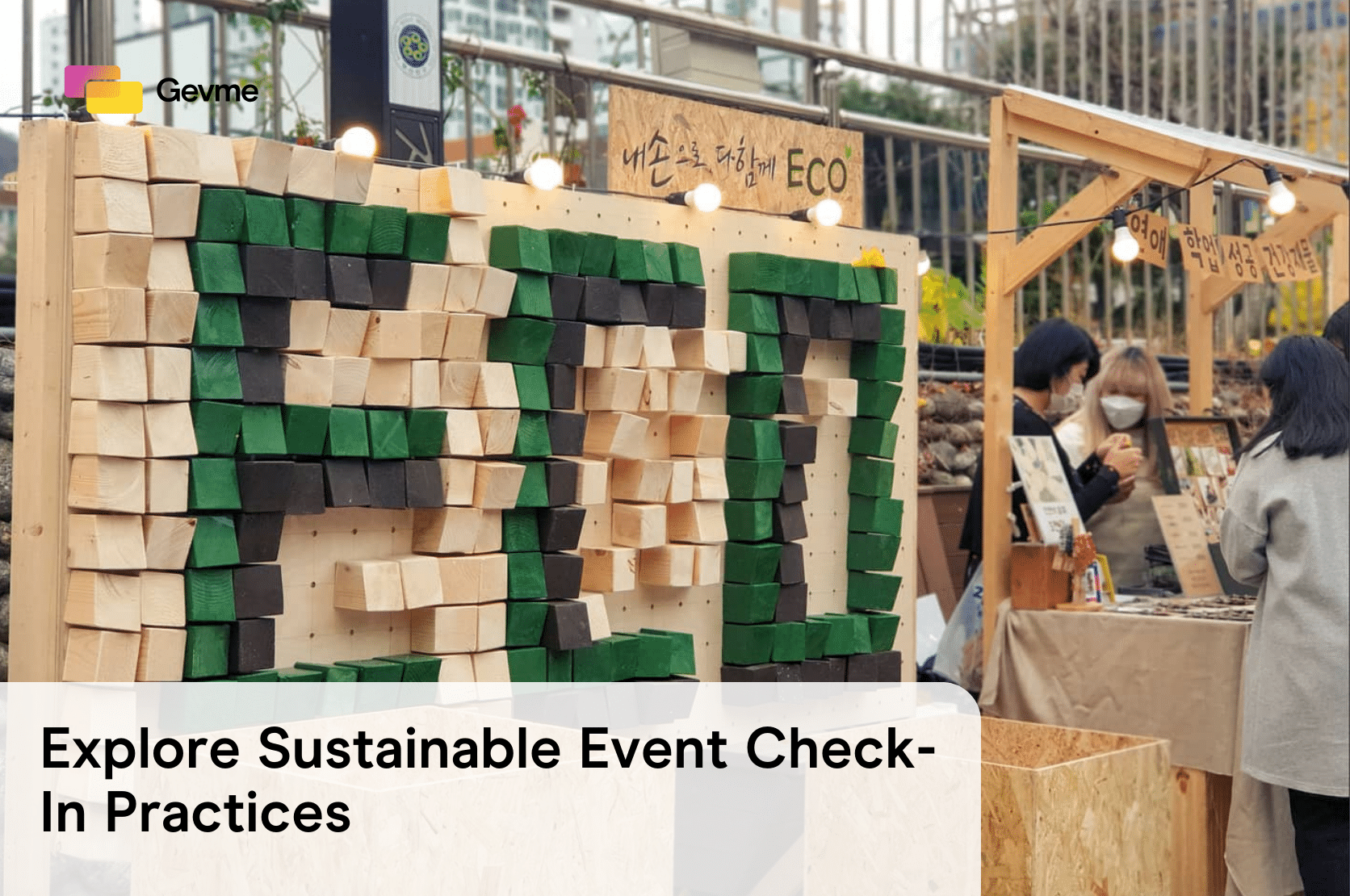Every conference starts with an idea. Whether it’s increasing awareness about a niche-related issue or building a platform for new ideas, your goal will define the vision of your conference. However, before getting involved in the planning stage, an organiser first has to shape this vision, which includes place, time, and key themes.
Your ideal picture of a conference venue shouldn’t be tied to a nice, accessible locale only. The choice of venue has to be based on the clear requirements that your event sets in terms of size, lighting, network capabilities, etc. We’ve collected eight professional tips for choosing a conference venue that will resonate with your vision.
When to start looking for a venue

We won’t give you a specific time frame that you have to stick to here. Due to the differences amongst conference types, seasons, locations, and the client’s goals, there is no one-size-fits-all timing. This means you have to think in terms of a specific context instead. For instance, if you expect to find an affordable event venue in Singapore during a peak season, it will be necessary to start looking for a venue no later than eight months before a conference start.
The golden rule here is to start looking only after you’ve dealt with the following three aspects: your conference budget, the basic space requirements, and the size of your event. Searching for a conference venue without knowing the key parameters is like looking for a needle in a haystack.
The best tips for selecting a conference venue
If you choose a popular meetings and events destination for your conference, you’ll have a huge range of venue choices. To narrow down the list, you can focus on the following eight aspects:
- Accessibility: A very simple rule for verifying venue accessibility is that you should check whether it’s located within reach of your conference attendees. Explore available transportation modes, and ensure that people can easily reach the location by train, automobile, plane, or public transport. Also, you should choose a venue that has sufficient parking in case some of your conference guests choose to travel by car. Ideally, include a question about transportation preferences on the registration form or a pre-event survey to get an understanding of what to expect.
- Lodging: You’ll find many venues that offer accommodation or provide some discounts on lodging in nearby hotels. Through partnerships with hotels, conference venue hosts gain a competitive edge that makes it a popular practice. If your conference will last longer than one day, finding suitable accommodations should be one of the key tasks. Killing two birds with one stone would be finding a hotel that can accommodate all guests and has suitable conference space capabilities.

- Availability: It’s a no-brainer—to book a venue, it has to be available on your chosen dates. If you pick a venue that can host several events at the same time, it might be useful to check the availability of the other spaces to clarify the details about access to shared areas and expected venue traffic.
- Suitability: This has been mentioned before, but an event venue is an important part of your conference vision. When considering the concept of an event as well as the preferences of your guests, sponsors, and delegates, think about whether it’s suitable for your conference. To get a better idea of what venue suitability means, check out these four London conference venues that match the vision of a prestigious business conference taking place in close proximity to popular tourist attractions.
- Facilities and technology: During the next stage, you have to check what’s available at the venue. Does the venue host provide the necessary audio-visual equipment? Can you use the available seating arrangements for your conference? What about network capabilities and registration setups? Ensure that every single aspect is covered to make an attendee’s journey seamless.
- Costs: Let’s be honest. Finding the perfect conference venue that is available on the chosen dates and for an affordable price takes a lot of luck. But what if you’re not so lucky? Be prepared to stretch the budget by cutting costs on other expenses. Negotiate the price, or—if relevant—establish a multi-year contract with a venue host. Also, discuss in advance with your client whether any flexibility is allowed in an initial venue budget.
- Staffing: Who’s doing what? That’s the next important question you have to answer. Ensure there are enough people responsible for onsite meeting processes, guest registration, catering, technical support, and other aspects of conference management. In a perfect scenario, there should be one chief coordinator appointed to each of the core processes—a person who can manage a team, track their progress, and solve any ongoing issues.

- Catering: Many conference planners think that services related to food and beverages aren’t in their sphere of interest because it’s something that venue hosts are responsible for. Indeed, the majority of conference venues have catering covered. However, it doesn’t always mean they can match the preferences of your guests. Inquire where the food and beverages are coming from. Is it in-house catering or an external supplier? Are there vegetarian meal choices on the menu? Is the catering provider capable of accommodating allergies or any special food needs? Even if you’re running a conference in the most expensive, luxurious venue in Singapore, checking catering capabilities is the right thing to do.
Conclusion
Whatever framework for venue selection you use, ensure there’s perfect alignment between your particular needs and the choices on your list. Hopefully, these tips on how to choose the perfect conference venue will help you find the right place to accommodate your event vision.








